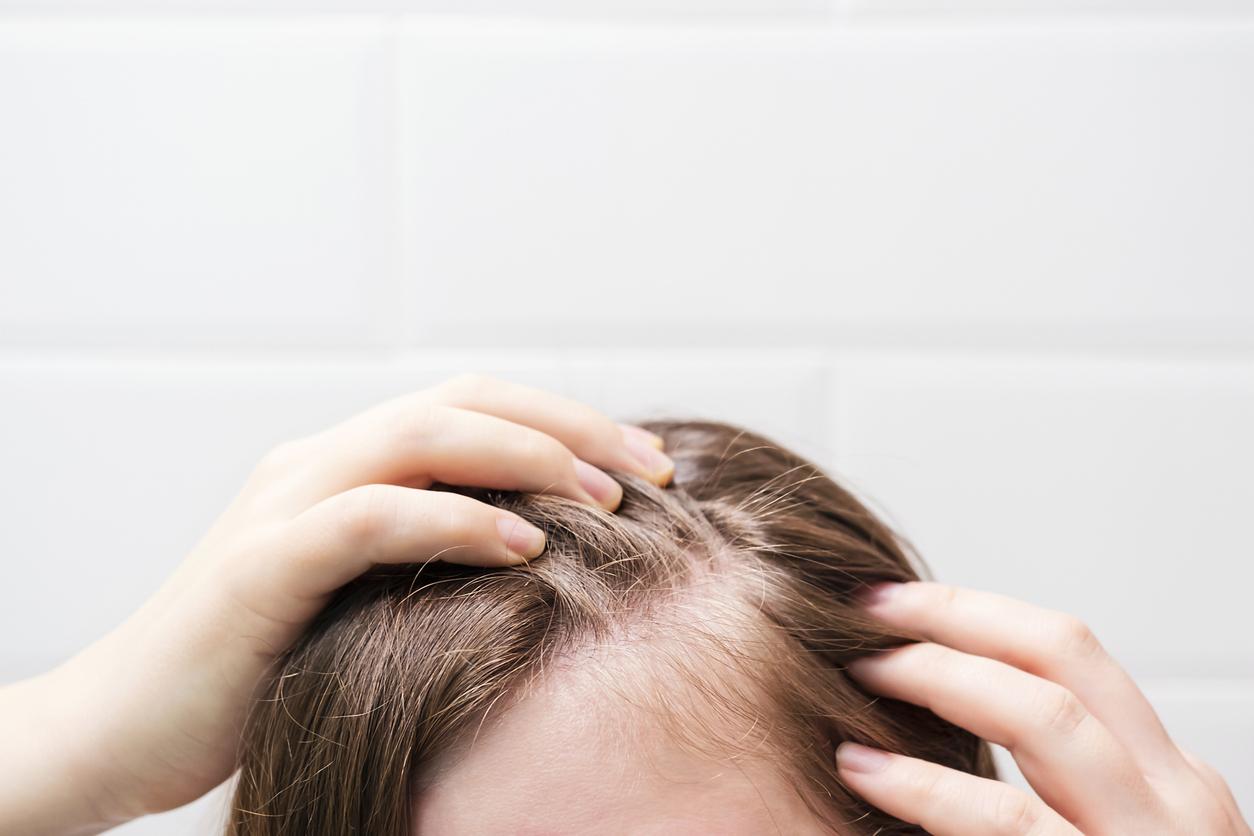An international team of researchers has found a genetic link between anorexia nervosa and the propensity to be a morning person.

- There is a bidirectional link between genes associated with anorexia nervosa and those associated with morning chronotype.
- Thus, early risers are more likely to suffer from anorexia nervosa and having this eating disorder could lead to waking up early.
- Additionally, genetic risk score for anorexia nervosa was associated with higher risk of insomnia.
Previous research has suggested that there is an association between eating disorders and the circadian clock, which controls a wide range of biological functions, such as sleep, and affects almost every organ in the body. “However, the causality and extent of confounding by psychosocial comorbidities in these associations are unknown,” American, British and Uruguayan scientists said. This is why they decided to carry out a study published in the journal JAMA Network Open.
People who get up early are more likely to have anorexia nervosa
For the purposes of the work, the researchers evaluated genes associated with anorexia nervosa, the circadian clock and several sleep characteristics, including insomnia. In detail, they used data from the Mass General Brigham Biobank covering 16,992 patients suffering from anorexia nervosa and 55,525 healthy women. The team then used a statistical method, called Mendelian randomization, to see how genes associated with a certain trait affect other characteristics. For example, analyzing the sleep patterns of people with genetic differences that make them more likely to have anorexia nervosa provides evidence of the link between anorexia nervosa and sleep.
The authors found a bidirectional association between genes associated with anorexia nervosa and genes associated with morning chronotype, i.e. the propensity to wake up early and go to bed early. Clearly, the results suggest that early risers are more likely to suffer from anorexia nervosa and that having anorexia nervosa could lead to waking up early. According to the results, a link between anorexia nervosa and insomnia was also observed. Indeed, scientists found that the genetic risk score for anorexia nervosa was associated with a higher risk of insomnia.

Anorexia: towards “therapies based on the circadian rhythm”?
“Our study shows that anorexia nervosa is a morning disorder, unlike most other psychiatric illnesses, such as depression, binge eating disorder and schizophrenia, which tend to present in the evening. It also confirms the “association between anorexia nervosa and insomnia”, said Hassan S. Dashti, author of the research, in a statement. “The clinical implications of our new findings are unclear at present. However, our results may guide future research into circadian rhythm-based therapies for the prevention and treatment of anorexia nervosa,” concluded Hannah Wilcox, lead author of the study.

















